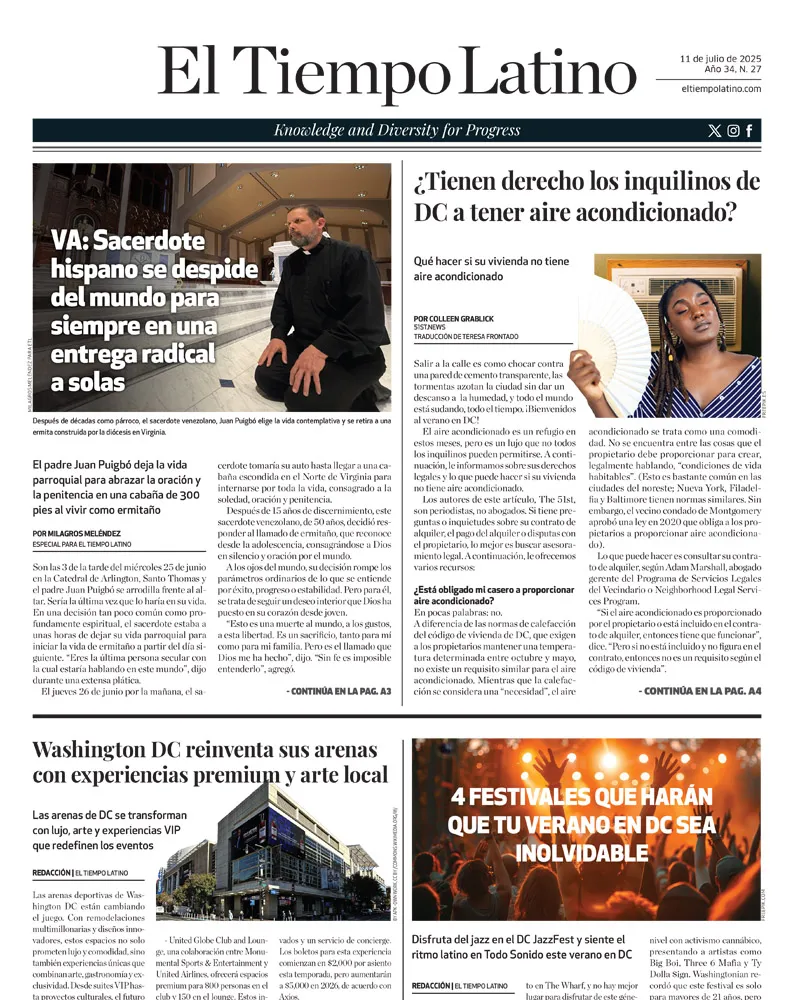Will the midterm elections bring a change in the balance of power in Congress?
In 2014, Republicans need six seats to retake control of the Senate. We will have to see what happens in Alaska with Sen. Mark Begich, the first-term Democratic incumbent; in Louisiana with Democratic Sen. Mary Landrieu; in Arkansas with moderate Democrat Mark Pryor; in Kentucky, Democratic Secretary of State Alison Lundergan Grimes will challenge five-term Republican Sen. Mitch McConnell if he survives the challenge from the Tea Party candidate. In Georgia, Republican Sen. Saxby Chambliss is retiring creating a wide open race for the Republican nomination.
South Carolina will remain in Republican hands, and North Carolina is a swing state so Sen. Kay Hagan will have a tough battle against the Republican candidate.
In the House, Democrats need 17 seats to regain power and return Nancy Pelosi to the speaker’s chair.
These are vulnerable Republicans: Gary Miller in California District 31, Mike Coffman in the 6th District of Colorado, Rodney Davis in Illinois 13 District, C.W. Bill Young of Florida 13 District.
Surprises can be expected in some districts and in some states, but the balance of power in Congress will remain very similar to current levels.
The President’s party usually loses House seats at the midterm election. This year can be an exception —It happened in 1998, when Democrats got 5 seats after a government shutdown led by Republican Speaker Newt Gingrich.
More than the final outcome of the election, the excitement will be in some districts and some states where certain groups from the right and the left will try to steal the show making noise with specific issues: Immigration, Obamacare, minimum wage, gay marriage, the budget, economic disparities…
The Republican Speaker of the House, John Boehner, ended a turbulent legislative year —one of the least productive in history— attacking those who criticized the first bipartisan supported budget agreement in years. “I just think they’ve lost all credibility,” said Boehner talking about those conservative groups which are “misleading their members, Americans”.
Speaker Boehner might be preparing the terrain for 2014 by sending a centrist, moderate message in order to distance himself, his party and his candidates from those who can hurt approval ratings further.
Staying too close to Republican hardliners who are ready to take the government over the cliff for their goals is a distraction the Speaker of the House cannot afford.
Boehner’s new attitude occurs when a just released Gallup poll indicated that only 30% of Americans have a favorable view of the Tea Party —while 51% dislike it.
This might be the moment for the new Republican voices —open minded, fiscally conservative, tolerant candidates. Not good news for the Democratic Party, but perfect for democracy.










